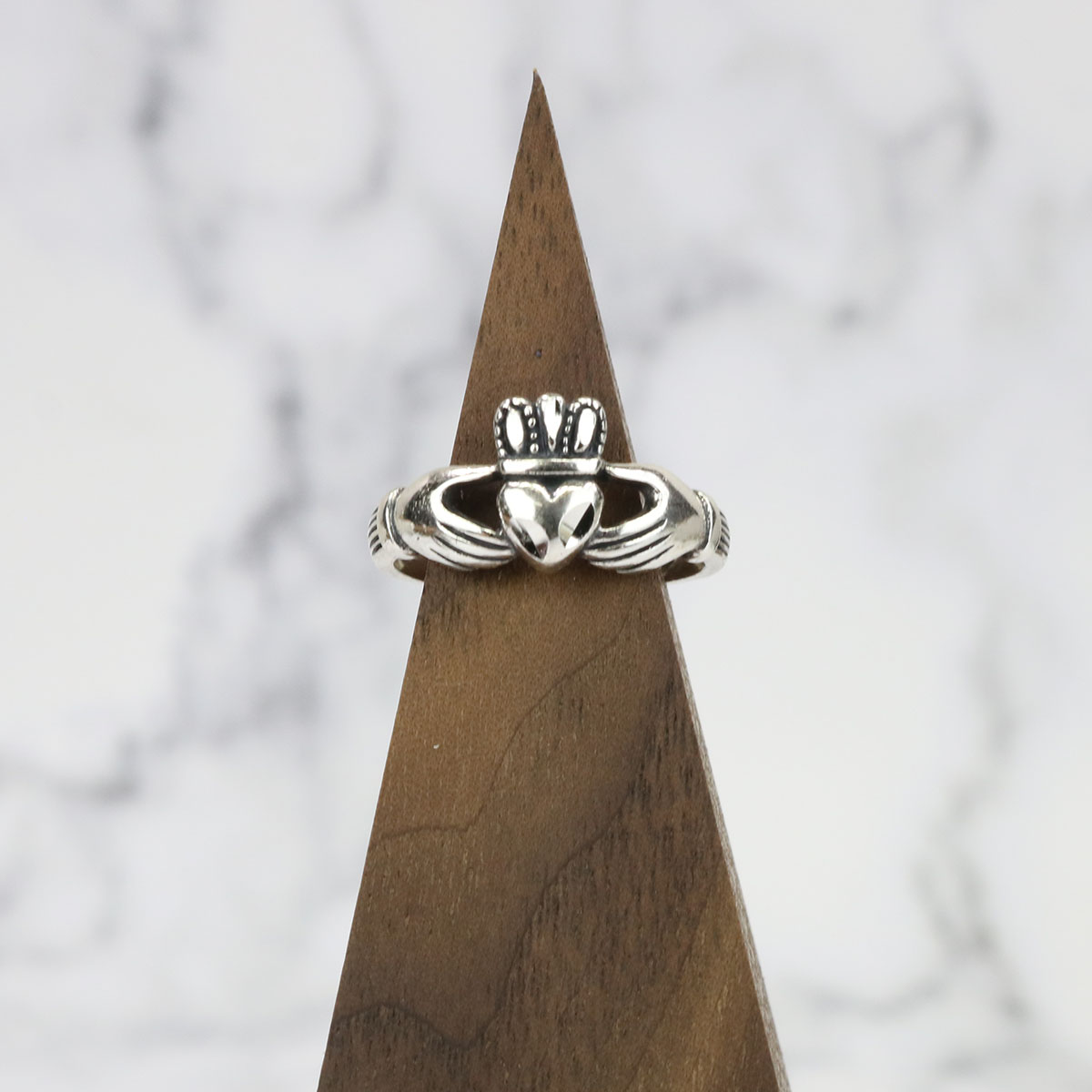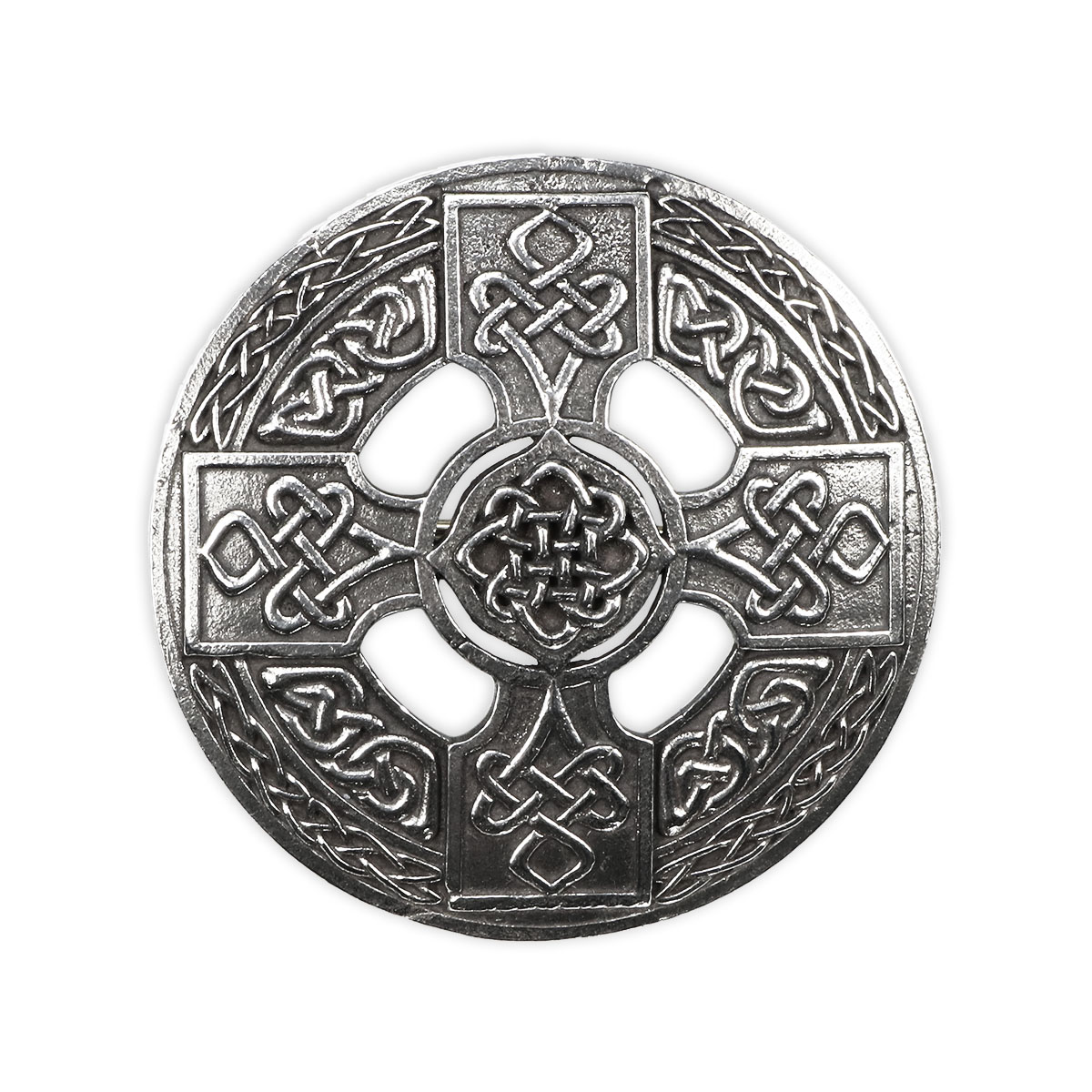Arthur
Originally Published February 2016
I’m in the middle of re-reading The Crystal Cave the first book of author Mary Stewart’s Arthurian saga, so I thought I’d do something quick about King Arthur’s origins since I’m running late this month. The earliest dated reference to Arthur seems to be a Welsh chronicle the Historia Brittonum a history of the British people written around AD 828. A number of versions of this chronicle survive that were written down after the 11th century. It is considered the earliest source that presents Arthur as a historical figure. But rather than a king, it portrays Arthur as a military leader. It also names twelve battles that he fought. Various writers have attempted to use the list of these battles to support the historical existence of Arthur. But so far attempts to associate the battles with known historic feuds or locations seem to be questionable.
There appears to be two primary explanations for the origin of the name Arthur. One is that it is Latin and comes from the Latin name Artorius. Although a Celticist has pointed out that in many Medieval sources in is sometimes written as a Arcturus, the name of the brightest start in the Boötes (herdsman) constellation.
The other explanation is that it comes from a Celtic name or word. There are several possibles that have been suggested, but apparently the most convincing are said to be Arto-rig-ios (bear king) or Art-gwr (bear man)
The importance of the matter is that it provides a hint as to the time frame for the existence of the historical figure (or at least the existence of the legend). Clearly if the name is Latin in origin it makes it more likely that the person, or story dates from after Roman contact with the British Isles. Most likely after the Roman invasion.
Whereas, if it is Celtic in origin we have to consider a larger range of possibilities. This opinion seems to be increasingly favored by Arthurian scholars in recent years. During much of the 20th century scholars argued for a Roman-era origin. A Celtic origin also increasingly brings in the possibility that the Celtic Arthur may have been as a British-Celtic demi-god who through re-telling and re-interpretation has snuck into our history as a “legend” rather than “myth.” (A legend is often defined as a story based on some original nugget(s) of fact.) One of the recent proponents of this argument seems to be Thomas Green in his book Concepts of Arthur where he concludes that Arthur may have been a part of indigenous pre-Christian mythology that has been “historicized” over time.
A Monstrous Regiment of Arthurs
-A summary of theories regarding King Arthur.
And just for fun, a view of Harry Potters’ Arthurian Connections




